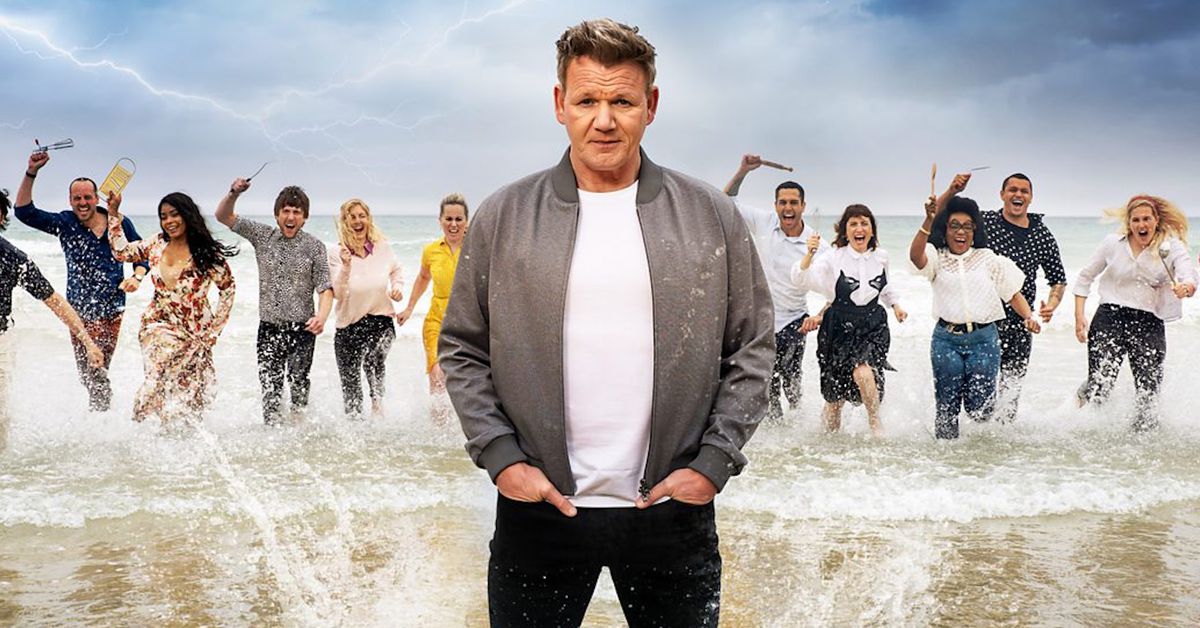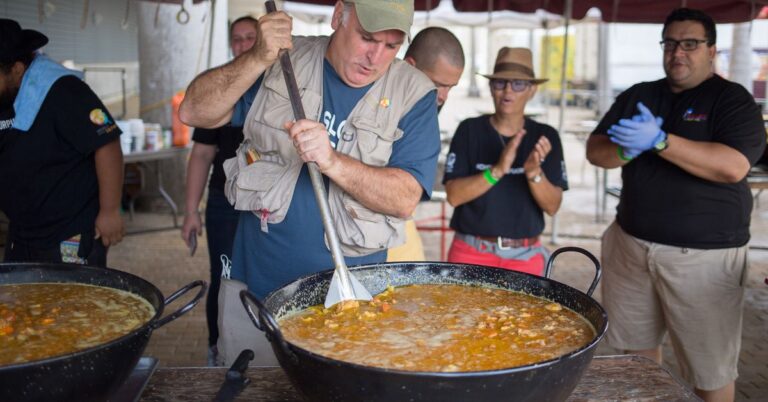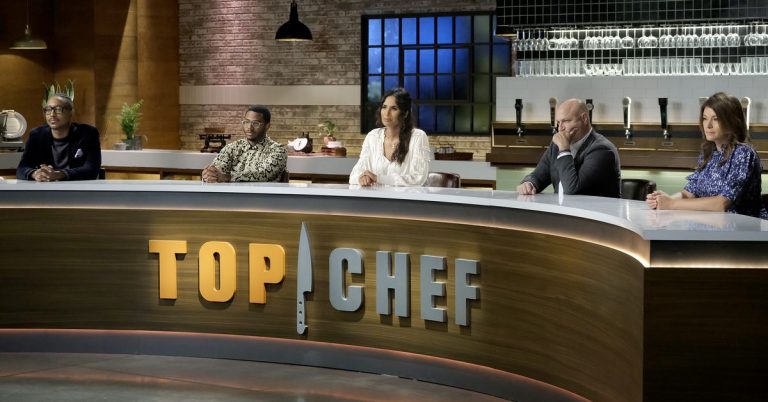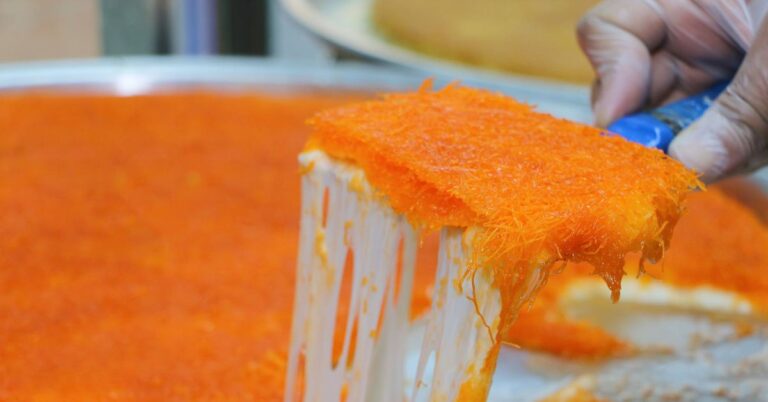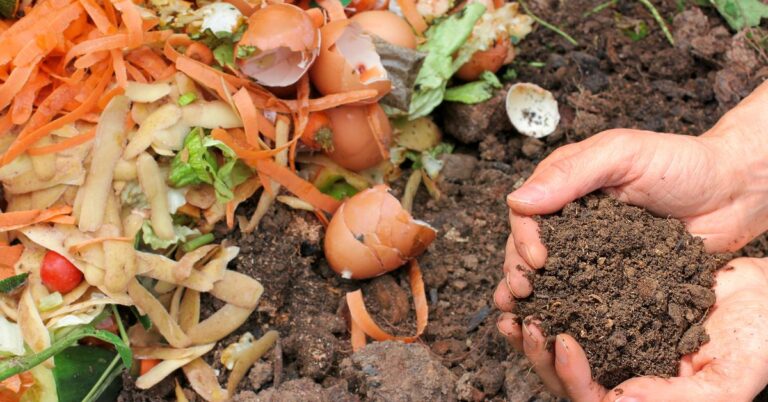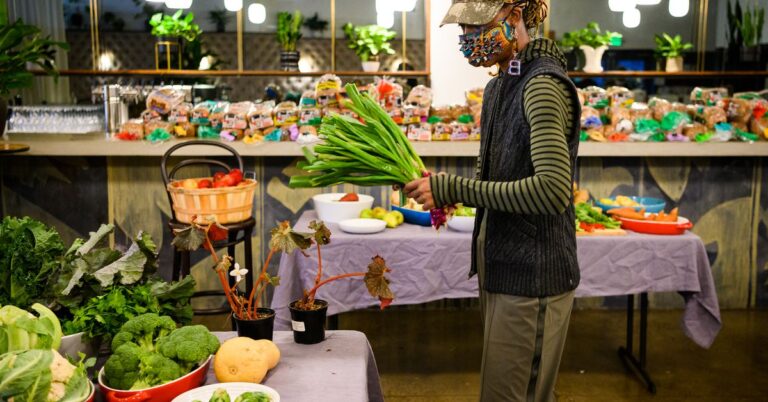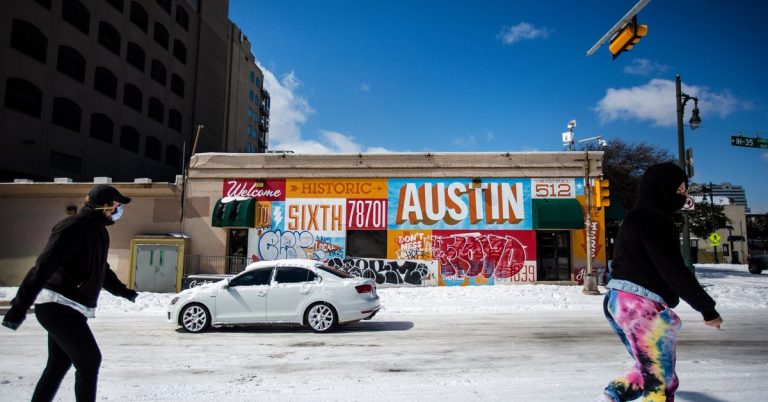Gordon Ramsay’s Future Food Stars, Reviewed
Gordon Ramsay is wearing a wetsuit while standing on the edge of a helicopter. Below is the blue water of the Cornish coast, while on a beach in front of him, 12 disciples wait with bated breath. They’re nervous; they can’t believe what they’re seeing. Ramsay edges towards the edge of the helicopter, and plunges. A brief panic. He emerges from the water, shaking his hair like he’s James Bond. He approaches the beach, stands in front of the contestants, and asks them to take a leap of faith with him.
No: this is not a biblical fever dream. This is Gordon Ramsay’s Future Food Stars, the worst TV show of the sweary chef’s career.
Here’s why.
Gordon Ramsay is just a prop, but he’s also everywhere
Reviewing Gordon Ramsay: Uncharted, former Eater editor Greg Morabito concluded that the problem with that Gordon Ramsay show was none other than Gordon Ramsay. Unfortunately, Gordon Ramsay’s Future Food Stars is the same.
That might seem a strange conclusion when Ramsay is clearly the vehicle for this show — and it’s his £150,000 on the line, to invest in whichever food and drink entrepreneur gets through his madcap assembly of challenges. But he really is everywhere: he’s jumping out of a helicopter into water; he’s making the contestants jump off cliffs into water; he’s eating toasties; he’s getting angry about toasties; he’s talking to local street food people; he’s sitting in an interrogation room with each of the final four.
Compare this, say, to The Apprentice. Alan Sugar is the Boss, but he doesn’t hang around every element of every challenge rubbing his hands together, sending then deleting racist tweets and commenting on every move. He announces the task, leaves for 40 minutes, then eviscerates the whimpering contestants in the boardroom. Ramsay, here, is doing everything at once while actually doing very little, frenetic to the point of turning into very loud foreground noise. This also makes the scenes where he is allowed to try and be funny, or even show a touch of personality — including asking someone if their hair comes with a hat because it’s long and blue, lol! — feel uncomfortably forced.
The show itself is a bad fusion dish
Speaking of The Apprentice, this show is pretty much The Apprentice. It’s also, at various junctures, Kitchen Nightmares, The F Word, and SAS Who Dares Wins. Ramsay’s sheer force of personality and weirdly punctuated way of making, everything, sound, important could probably just about yoke these together if he were allowed to be anything more than very high-energy, but as it is, it doesn’t come off.
That leaves the onus on the contestants. They make a fair fist of it, with some strong confessional anger (Asher, on Vincenzo’s taking overeager credit for some monkfish: “It’s all bollocks, to be honest”) and some pretty aggro friction between Valentina and Victoria over some mushrooms. But in truth, there’s little they can do about a show that veers from jumping off cliffs for no real reason to cooking on a beach for the public, with some documentary-style footage cut in. Next week previews filleting some fish before cooking at a festival, so it doesn’t look like things are getting any less chaotic.
Why must execs subject viewers to this hodgepodge version of Gordon?
Ramsay’s arrival as a born-again TV host is a little confusing. In much of his TV career, he’s fulfilled two roles: either Gordon Ramsay, the chef, or Gordon Ramsay, caricature of Gordon Ramsay the chef. The former relies on his expertise, when judging Masterchef Australia, or swearing at an idiot restaurateur on Kitchen Nightmares; the latter relies on a tired understanding of the chef-as-aggro-rockstar, when judging on Masterchef Australia, or swearing at an idiot restaurateur on Kitchen Nightmares.
There’s an instructive little moment where contestant Matthew serves Ramsay some salt and pepper chicken wings to try, and the chef spits them out. Ramsay viewers have seen this all before: the nervous chef, the dramatic pause, the disgusted spitting out. But this time, Matthew already knows it’s bad: he’s just told Ramsay that it’s way too salty. Given this context, the spitting feels forced, even fake — like he’s obliged to do it, because it’s just what Gordon Ramsay does.
This moment clinches the fact that in this show, and recently in Uncharted and Gordon Ramsay’s Bank Balance, Ramsay is something else: a normal presenter. He’s still there because he’s famous, and people recognise him accordingly, but he isn’t really being Gordon Ramsay most of the time. Like poet Alfred Lord Tennyson’s Ulysses, he is “become a name” — a fungible token of restaurant fame to be passed around from show to show for clout, no longer a fully realised person or character. It’d almost be enough to feel sorry for him, if he stopped taking himself so damn seriously while doing it. Instead, it just makes for an hour of disappointing television. Roll on next week.
